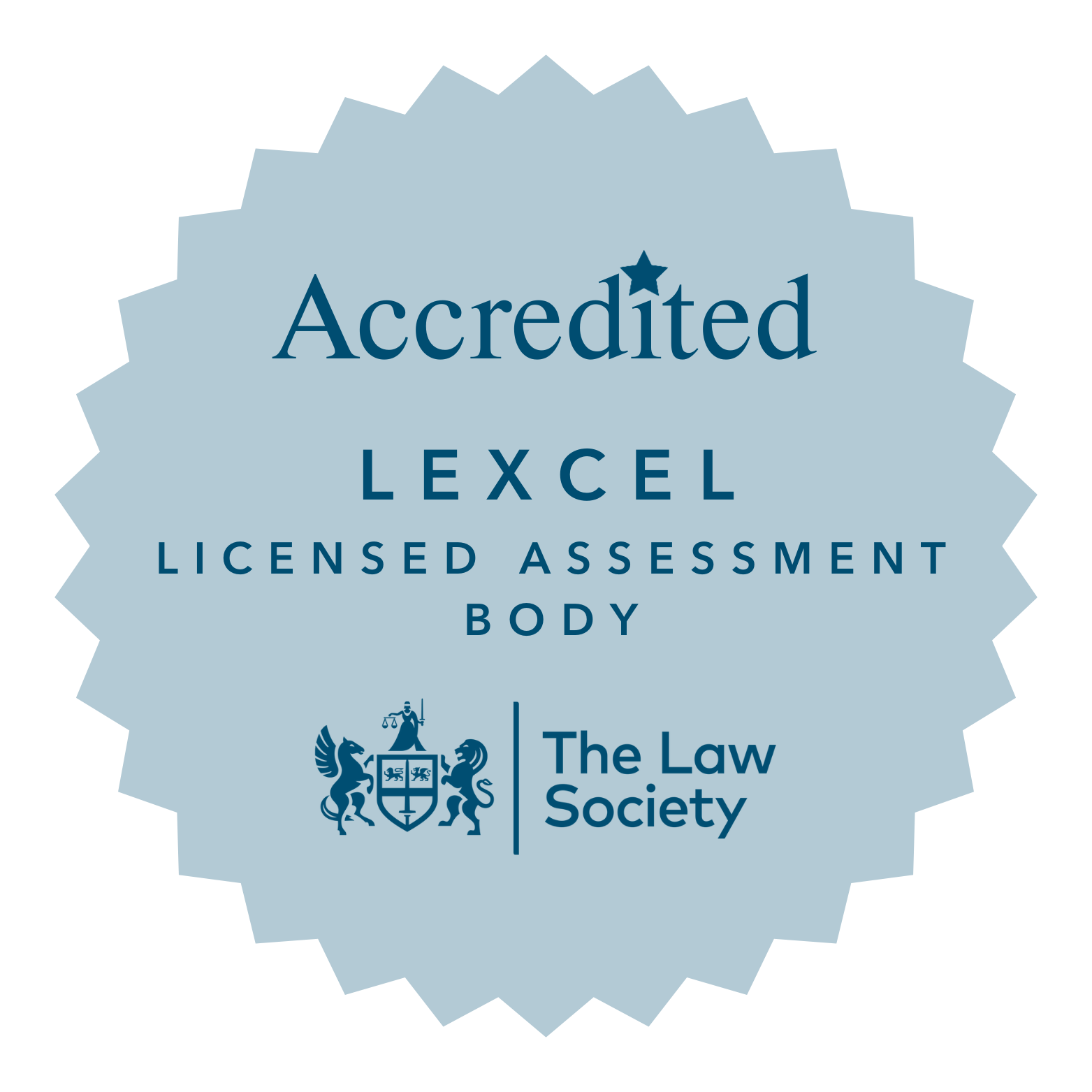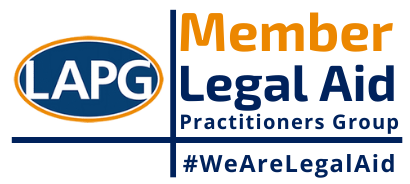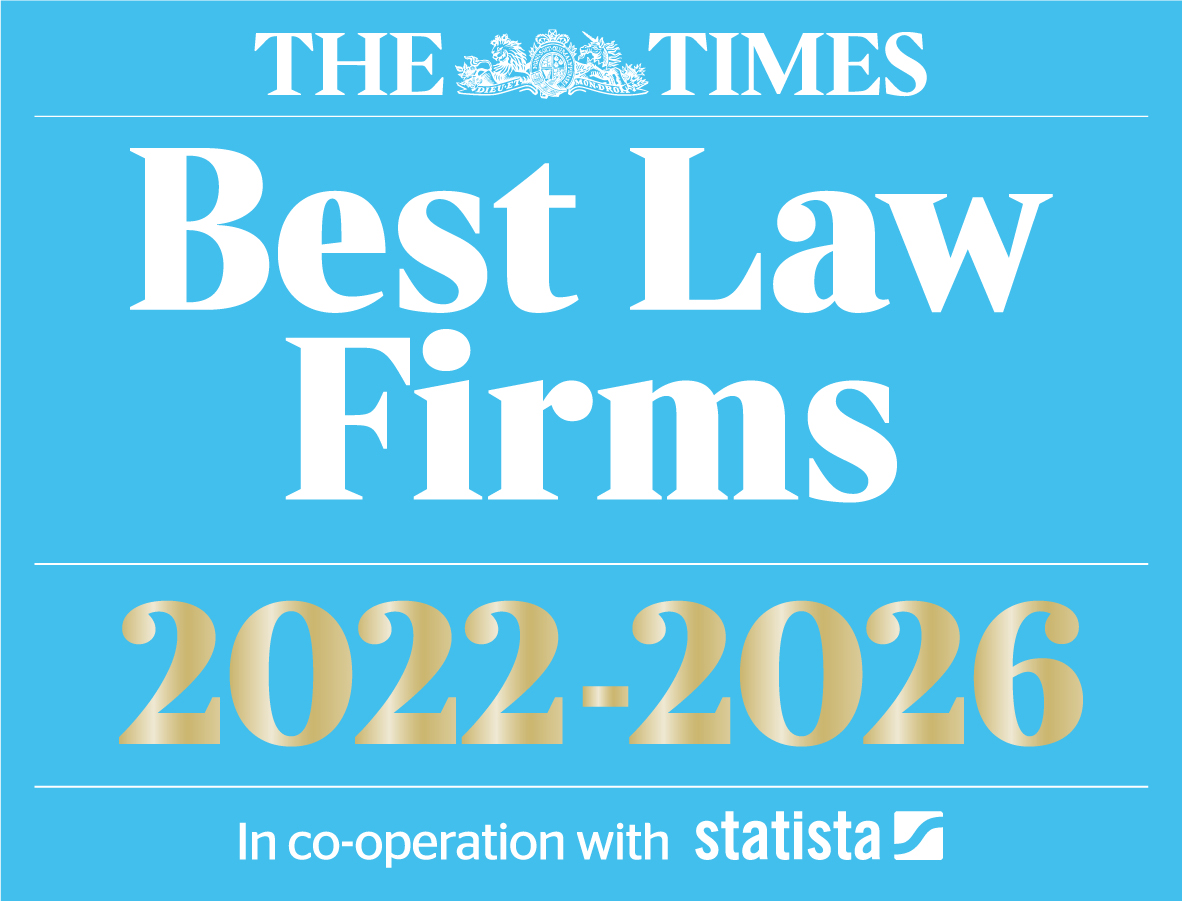London Legal Walk 2017
On 22 May 2017, Creighton and Partners took part in the London Legal Walk 2017 along with the Lord Chief Justice and over 10,000 other walkers from the legal sector. Fourteen members of staff from across our three offices walked with the Lord Chief Justice and 12,000 other lawyers, made up of 700 teams, to raise money for the London Legal Support Trust (LLST).
The walk is a great way for the legal industry to come together to support charities that offer free legal advice to those who are vulnerable and are unable to afford legal services. In total, we have so far raised an amazing £536.25 and there is still time to sponsor. To view our fundraising page and sponsor us please click here.
What is the London Legal Walk?
The annual walk is organised by the LLST. It is a scenic 10km route from Chancery Lane past some of London’s well-known landmarks, such as the River Thames, Hyde Park, Buckingham Palace and Trafalgar Square back to the Law Society HQ in Chancery Lane for a party.
This year is the twelfth year that the walk has taken place. In 2005 only 335 walkers took part and £35,000 was raised. This year 12,000 participants registered to take part in the walk.
Who are the London Legal Support Trust?
The London Legal Support Trust is an independent charity that believes that everyone should have access to justice regardless of their financial position. The charity provides support to law centres and legal advice agencies in London and the South East by providing them with grants and other forms of support. The walk is an opportunity for law firms, barristers’ chambers, pro bono agencies and companies to raise money for the charity to support the agencies and centres where they are most needed. The agencies and centres provide legal help and make a huge difference by helping people tackle homelessness and poverty, reduce debt and fight discrimination and injustice. They help families living in terrible housing conditions, women and children who have been trafficked into the UK to become domestic or sex slaves and the elderly people who need support to stay living independently, and much more. This list is not exhaustive.


